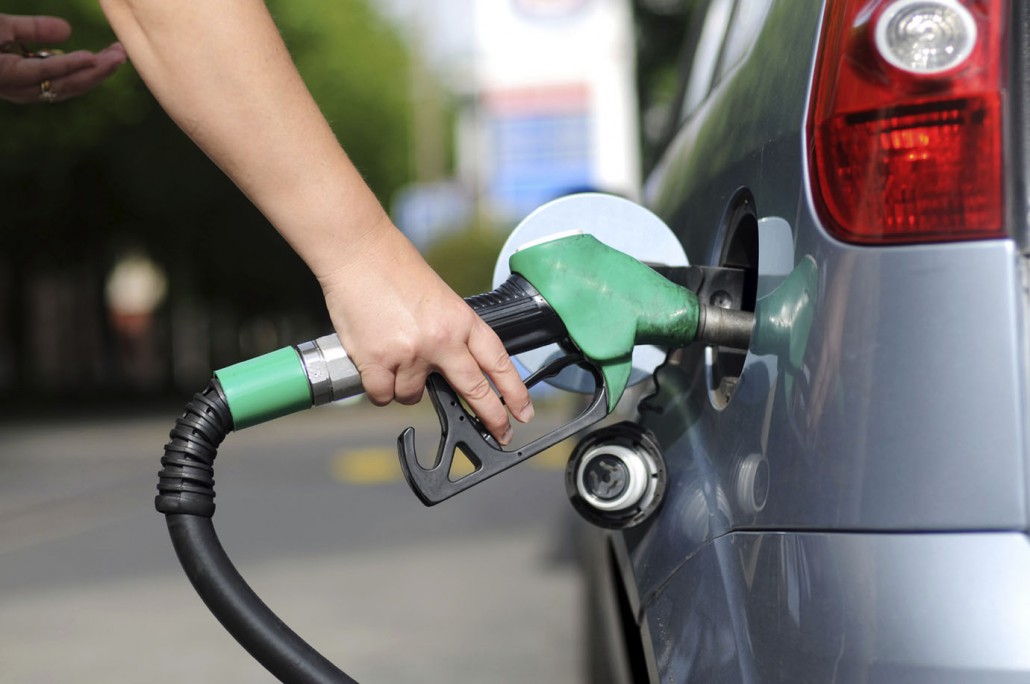RIO DE JANEIRO, BRAZIL – Even with the increase, the estimated lag in gasoline prices remains at 20%, compared to 31.6% previously; in diesel, it is around 19%, compared to 34.1%.
On Thursday, March 10, Petrobras announced that it would raise the price of gasoline and diesel after 57 days without readjustments. For gasoline, the increase will be 18%, and for diesel, almost 25%. The new prices will start to be applied on Friday, March 11.
“After prices have been observed at consistently high levels, it has become necessary for Petrobras to adjust its sales prices to distributors so that the Brazilian market can continue to be supplied, with no risk of shortages,” the company said in a statement.

With this, the average sale price of gasoline from Petrobras to the distributors will go from R$3.25 (US$0.65) to R$3.86 per liter. “Considering the mandatory blend of 27% anhydrous ethanol and 73% gasoline A for the composition of gasoline sold at service stations, Petrobras’ portion of the price for the consumer will go from R$2.37, on average, to R$2.81 for each liter sold at the pump. A variation of R$0.44 per liter,” he says.
For diesel, the average price will go from R$3.61 to R$4.51 per liter. “Considering the mandatory mixture of 10% biodiesel and 90% diesel A for the composition of the diesel commercialized at the service stations, Petrobras’ portion in the price for the consumer will go from R$3.25, on average, to R$4.06 for each liter sold at the pump. A variation of R$0.81 per liter”.
“The reduction in the global supply of the product, caused by restricted access to derivatives from Russia, regularly exported to countries in the West, makes an economic balance condition necessary for importing agents to take immediate action and succeed in importing products to complement the supply of fuel for Brazil,” the company said in a statement.
The National Federation of Fuel and Fertilizer Trade estimates that, with the increase announced on Thursday, the liter of gasoline at service stations should rise to an average of R$7.02 in the country, against the current average of R$6.57 per liter.
The price of oil on the international market had already been rising. The situation has become dramatic in the last 15 days due to the conflict between Ukraine and Russia, a significant oil and natural gas producer. The price of Brent oil – the national reference, has been negotiated above US$105, and the expectation is that it will continue to rise in the short term.
This week, the situation got even worse with the United States’ decision to ban the import of the commodity. The movement influences prices in Brazil since Petrobras follows the international parity.
LIQUEFIED PETROLEUM GAS IS ALSO READJUSTED
The value of liquefied petroleum gas (LPG), known as cooking gas, also goes up this Friday. The average sale price of the input will go from R$3.86 to R$4.48 per kg, equivalent to R$58.21 per 13kg, reflecting an average readjustment of R$0.62 per kg.
The last adjustment in LPG prices was made 152 days ago. “These values reflect part of the rise in international oil prices, impacted by the limited supply in the face of global energy demand,” says the note from Petrobras.
It is worth pointing out that, the day before, the Federal Revenue Service published a normative instruction zeroing the rates of PIS/Pasep and Cofins on the 13-kilogram (kg) cooking gas cylinder for domestic use. The measure applies to the importation and the commercialization revenue of the product.
The contribution rates to the PIS/Pasep-Import and Cofins-Import are reduced to zero for liquefied petroleum gas (LPG) bottled in containers of up to 13 kg after the operation and intended for domestic use, says the norm.
DEFICIT IS MAINTAINED
Even with the increase, the estimated lag in gasoline prices is maintained. According to the Brazilian Center of Infrastructure (CBIE) director, Adriano Pires, this lag is 20%, compared to 31.6% previously.
As for diesel, it is around 19%, compared to 34.1% previously.

